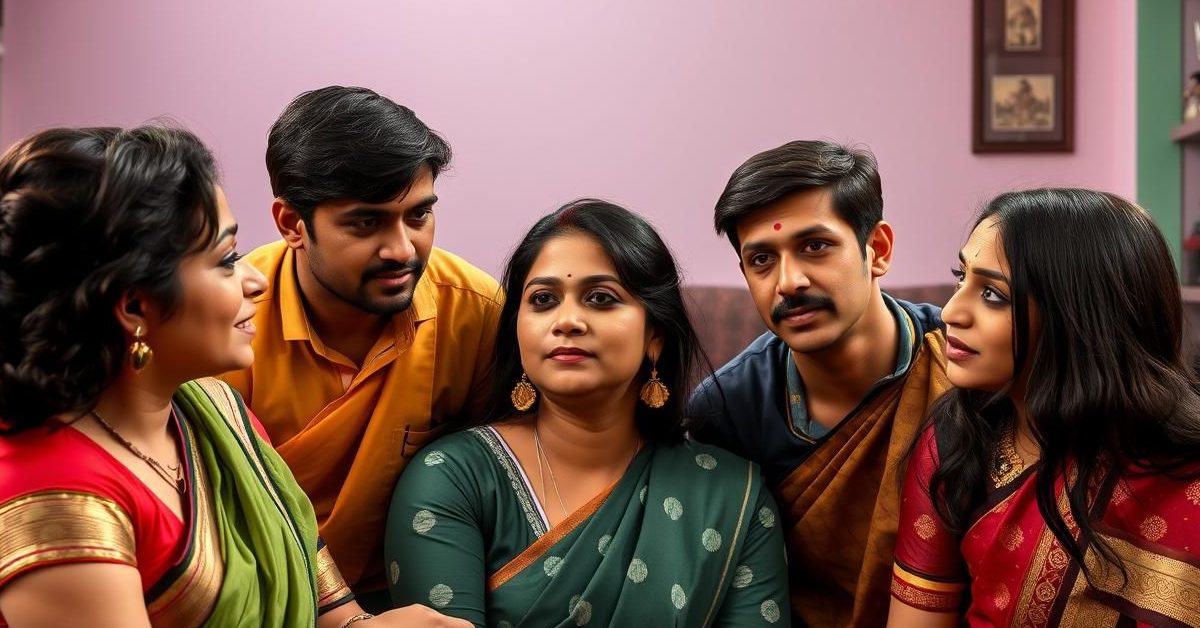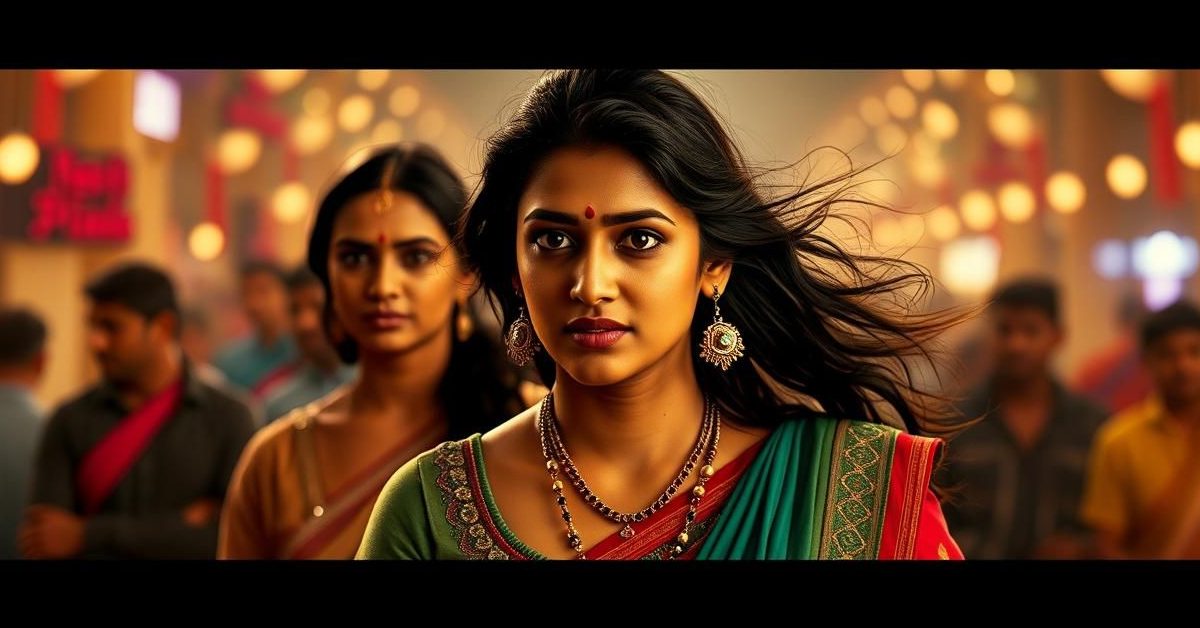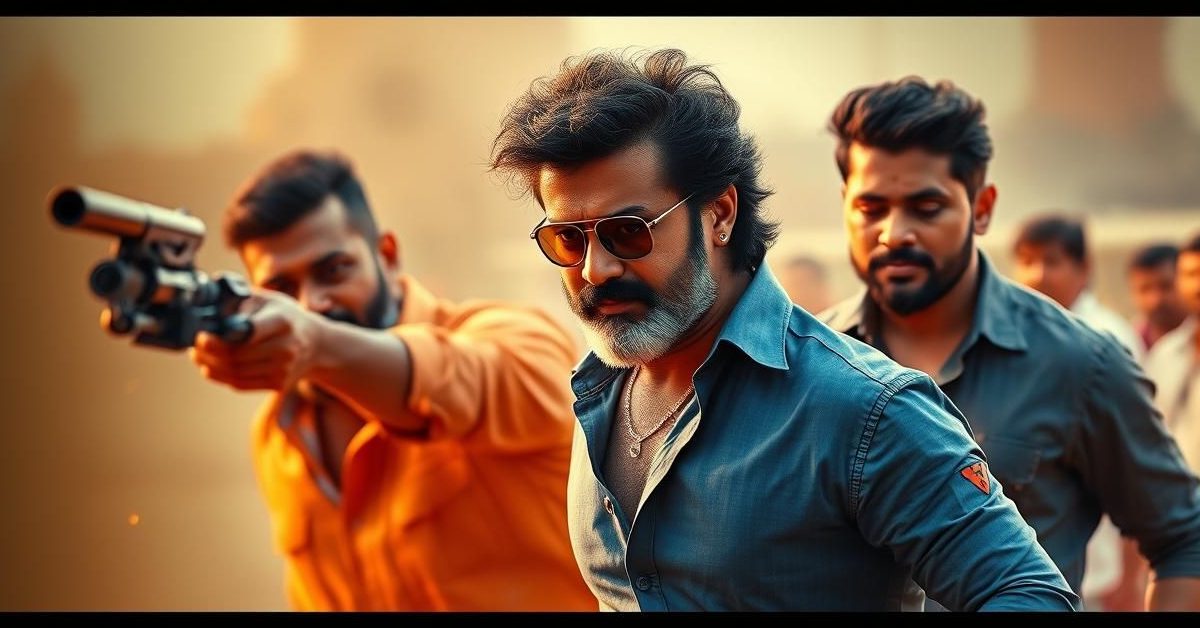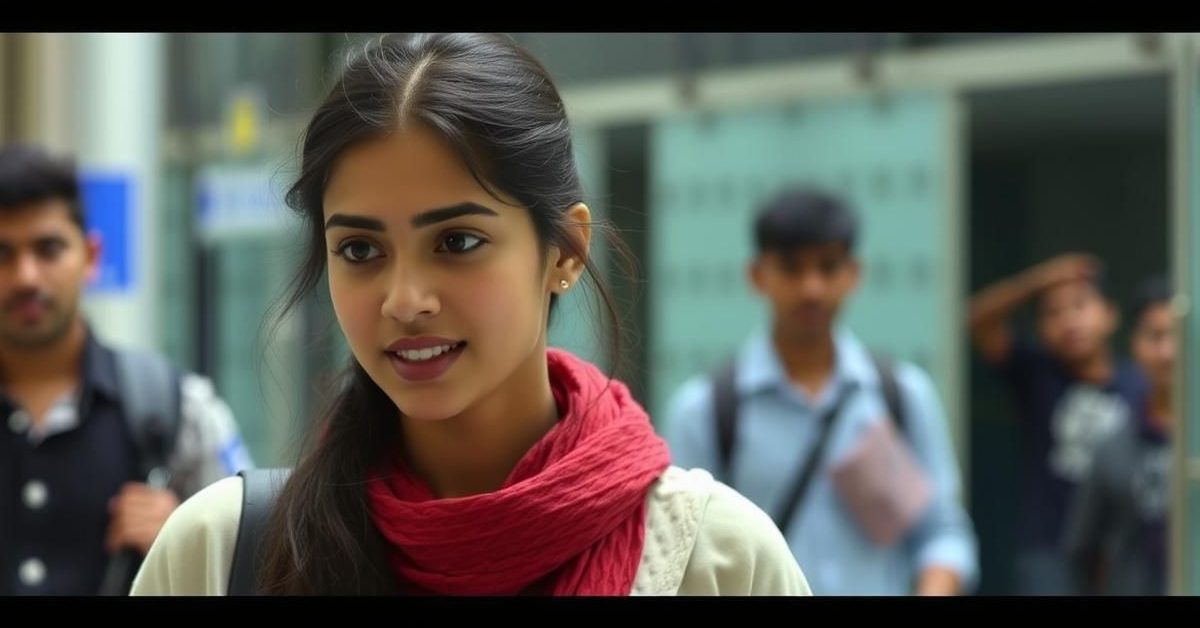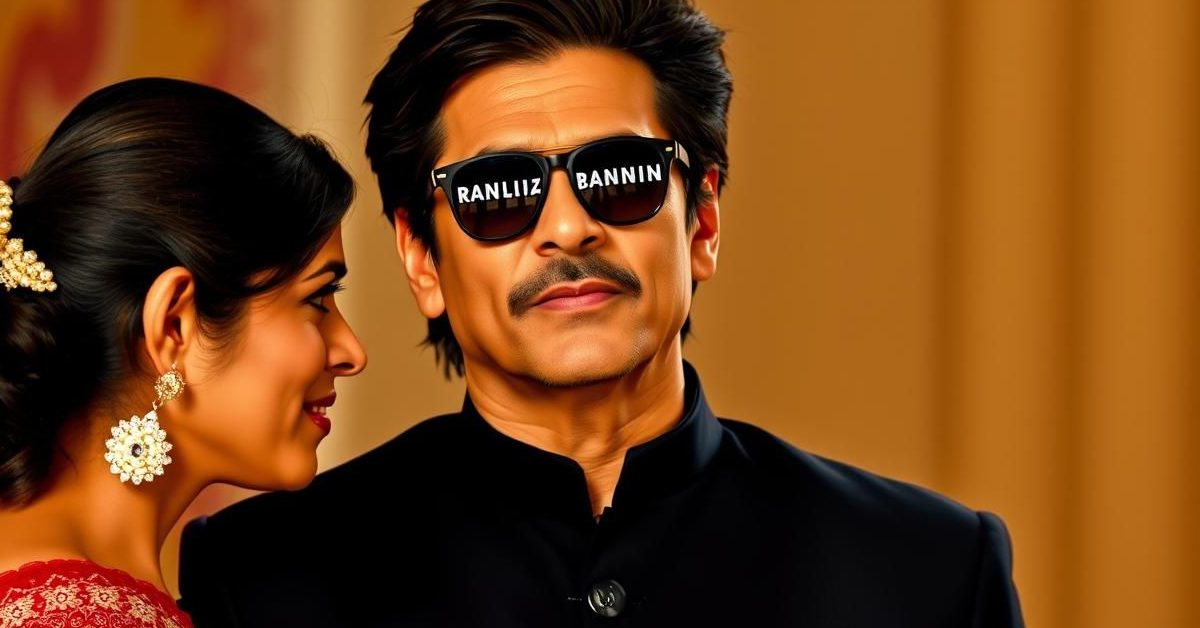A GenZ viewer takes a nostalgic trip back in time to explore the iconic Indian TV show, Kyunki Saas Bhi Kabhi Bahu Thi, ahead of its potential reboot.
Stepping Back in Time with Kyunki Saas Bhi Kabhi Bahu Thi
Kyunki Saas Bhi Kabhi Bahu Thi, or KSBKBT, holds a legendary spot in Indian television history. As a GenZ, born when the show was already on air, I decided to watch its first three episodes. It was a fascinating dive into the peak of Indian TV melodrama, complete with its famous title song and dramatic music.
This viewing experience felt like a journey back to an era that shaped the ‘saas-bahu’ genre. With talks of a reboot on the horizon, understanding the original’s essence felt timely and insightful.
Characters: Flawless or Flawed?
The moment Baa, played by the late Sudha Shivpuri, appeared, I knew the show was something else. Her character seemed almost too perfect, an idealized mother-in-law that feels rare today. Other characters also often appeared in clear black-and-white shades, with little room for ambiguity.
It was surprising to see Smriti Irani, as Tulsi, before her marriage into the Virani house. In my hazy memories of the show, she was always Mihir’s wife from the start. This early portrayal felt quite unfamiliar.
The Old vs. New TV Style
KSBKBT’s drama was woven into its storytelling rather than relying on flashy edits. The focus felt more on the acting and organic progression, unlike many current shows that heavily emphasize every scene in post-production. However, one common thread across generations of Indian TV remains: the exaggerated reactions and situations.
On the downside, the production quality, at least in the versions I watched, left much to be desired. Poor background music often drowned out dialogues, making some parts inaudible. It sometimes felt like watching an old family video due to the raw production.
A Glimpse of Simpler Times
In our digital age, imagining a time without instant communication is hard. It was quaint to see Mihir send an audio CD by post from America to his grandmother. This detail offered a sweet reminder of simpler, slower-paced times that my parents often describe.
Modern lives are often too fast-paced, leaving little room for pause. Today’s TV shows also feature complex narratives, often losing the charm of life’s simpler moments. KSBKBT felt like a refreshing contrast.
The Vanishing Joint Family
The portrayal of a large joint family living harmoniously (or bickering) under one roof was a striking sight. This family structure is largely absent in modern Indian cities and, consequently, from contemporary TV shows. It’s a vivid snapshot of how families used to live, long before smartphones and streaming services.
The sheer number of characters introduced in the first half-hour of KSBKBT was astonishing. It felt more populated than a major crossover film, showcasing a truly unique family dynamic.
Key Takeaways for a Gen Z Viewer
- Characters were often depicted as purely good or evil, unlike today’s more nuanced portrayals.
- Storytelling relied on acting and plot rather than extensive post-production effects.
- The show vividly captured the essence of the traditional Indian joint family structure.
- It offered a nostalgic window into a simpler, less digitally-driven era.
Ultimately, revisiting this iconic show offered a unique window into India’s television past and a refreshing dose of nostalgia for a generation that largely missed its original run. It’s clear why it captivated so many viewers for so long.
